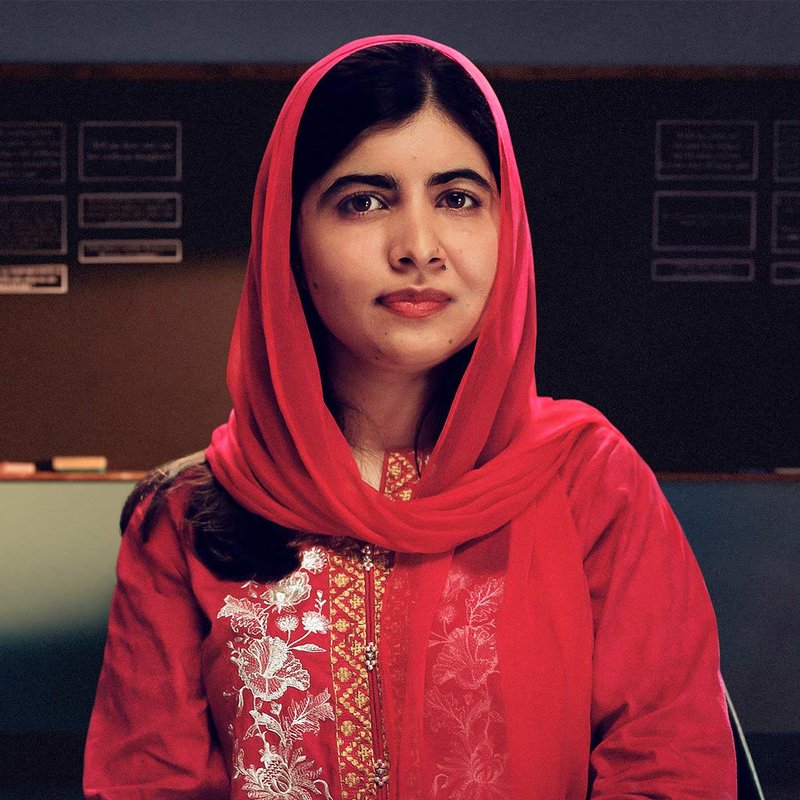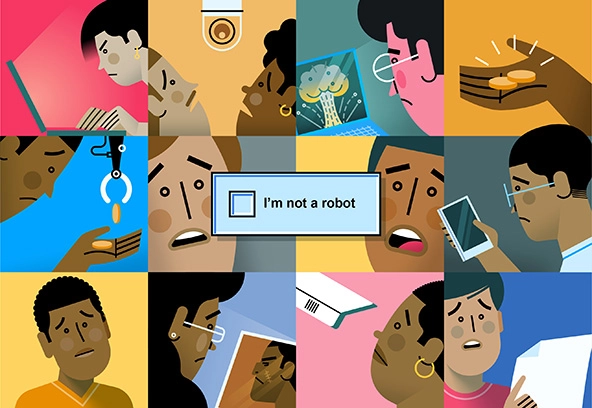Women’s History Month
Malala Yousafzai pictured in a a classroom
Women’s History Month, which spans the entire month of March, is a month-long celebration of notable women who have greatly contributed to society throughout history. Whether it be a TV commercial, a post on Instagram, or a poster, chances are you have heard about Women’s History Month in some form or another, but why do women need their own dedicated month to celebrate their accomplishments?
Open any history textbook and you will find the pages dominated by men, more specifically straight white men. Women’s accomplishments have been overlooked since the beginning of modern history, from traces of ancient midwives nearly eradicated, to the groundbreaking work of Rosalind Franklin being appropriated by Watson and Crick, it is clear that women have been exploited throughout history, and ultimately received little to no credit for their deeply influential work. Women’s History Month is a time to inspire everyone to educate themselves on the previously belittled accomplishments of women, as well as inspire young women and girls to fight for much-needed change and make their mark on history.
Unfortunately though, like many other celebrations of history, Women’s History Month, and many feminist movements, have been incredibly white-washed. One of the women most commonly associated with the fight for women’s rights, Susan B. Anthony, solely advocated for the rights of white women and was more than willing to step over black people to accomplish that, despite initially being aligned with black suffrage. Anthony actively opposed the 15th amendment, which gave black men the right to vote in 1789, and even went as far as to advocate for white women’s right to vote on the grounds that they could help overpower the black vote.
In the fight for both racial and gender equality, black women have time and time again been exploited and left behind. The duality of their oppression has led to them being ignored in the fight for equality. As we celebrate so many incredible women this month, it is especially important to recognize black, and other marginalized women who are often forgotten despite being crucial to the feminist movement, and the betterment of society.
An immensely influential author, director, poet, and civil-rights activist, Maya Angelou, was born in 1928 in St. Louis, Missouri. She worked closely with both Dr. Martin Luther King Jr. and Malcolm X in the fight for civil rights. She is most famously known for her profoundly impactful autobiography I Know Why the Caged Bird Sings, in which Angelou details her childhood and early adult life. Her book deals with the traumatic obstacles she had to overcome as a young black woman, namely racial discrimination and sexual assault. Angelou went on to write five more autobiographies as well as a multitude of other influential works, all of which are brilliantly crafted, and just as relevant today.
When thinking of powerful women in history, it is nearly impossible to not think of Sojourner Truth. Originally enslaved, she ultimately became one of the most influential activists for both women’s and civil rights. Despite not being literate, she gave many powerful and moving speeches, and eventually orally dictated what would become her autobiography. She was instrumental in helping the Union in the Civil War, helped to free many slaves in her lifetime, and advocated against segregation.
Born in Pakistan in 1997, Malala Yousafzai is globally recognized for her speeches and activism in ensuring girls around the world have access to the education they deserve. She began speaking out against the Taliban for banning girls’ education and in 2012 on her way home from school she was shot. After miraculously surviving, she now resides in the U.K, and recently graduated from Oxford University. Alongside her father, she created Malala Fund, a charity dedicated to helping girls get an education, and became the youngest person to ever win a Nobel Peace Prize. Now at only 24 years of age, her activism is far from over, and she will continue fighting for girls around the world.
Marsha P. Johnson, a black trans woman born in New Jersey in 1945, was a self-proclaimed drag queen and immensely powerful LGBTQ activist. Throughout her career, she was known by many names, but she finally decided on Marsha P. Washington, with the “P” standing for “Pay It No Mind.” She is most famously known for throwing the first brick at the Stonewall Riots, which is credited with being the beginning of the modern gay rights movement. Johnson also established one of the first organizations to serve gender non-conforming and trans youth and is unequivocally hailed as a prominent maternal figure for LGBTQ youth at the time. During her life, she was not famous, but now she is slowly being given the credit and attention she so deeply deserves as the world slowly becomes more accepting.
Women have played a crucial and unique role in history, and now as a society, we must ensure that they get the recognition that was stolen from them. For more information on Women’s History Month, visit the National Women’s History Museum.









